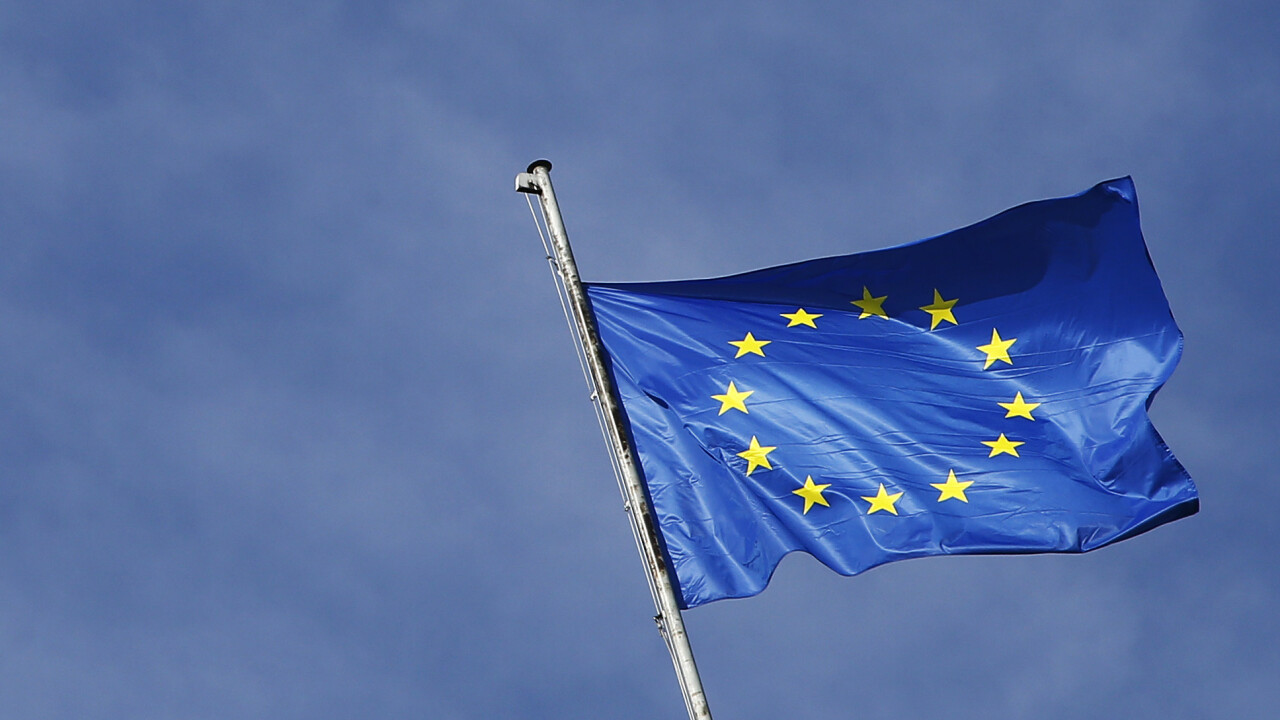
The European Commission (EC) has announced today that around two-thirds of the travel booking websites it checked in 2013 did not comply with European consumer law; a potentially worrying situation with consumers booking more travel online than ever before.
During the year, it carried out ‘sweeps’ on 552 websites, and found that 382 of those “did not respect consumer law” based on a number of factors, such as whether information on the key characteristics of the service was easily accessible; whether the price was indicated at an early stage and inclusive of optional supplements; whether the websites provided email addresses for submitting questions and complaints; and whether the T&Cs of the websites contained terms that were difficult to understand, and whether they were displayed before the point of purchase.
Since this point, the EC has co-ordinated attempts to rectify the situation via consumer authorities. It says the result is that 62 percent of sites are now up to speed, but that it will continue to clamp down on the remaining infringers. In total, 173 websites have been corrected, and 209 are subject to ongoing proceedings, which includes 52 commitments by traders to correct their websites.
“One in three internet users in the European Union book travel and accommodation online. They deserve to know that an online booking is safe and reliable. Of the 552 travel websites we checked, 62% are now in line with EU consumer legislation, thanks to the joint efforts of Member States and the Commission. I will not rest until consumers’ rights are fully respected and will seek to use the existing structures to achieve this,” Neven Mimica, EU Commissioner for Consumer Policy, said.
A ‘Travel Services Sweep’ of EU member’s websites was carried out in June last year – the seventh of its kind since 2007 – and the enforcement phase is still ongoing, the EC said.
You can see a breakdown of how well each European country did below, and what percentage of sites are now compliant. Bulgaria, Hungary, Norway and Romania all have 100 percent compliance, while the UK is left languishing with just 41 percent of sites in-line with European laws.

Get the TNW newsletter
Get the most important tech news in your inbox each week.




